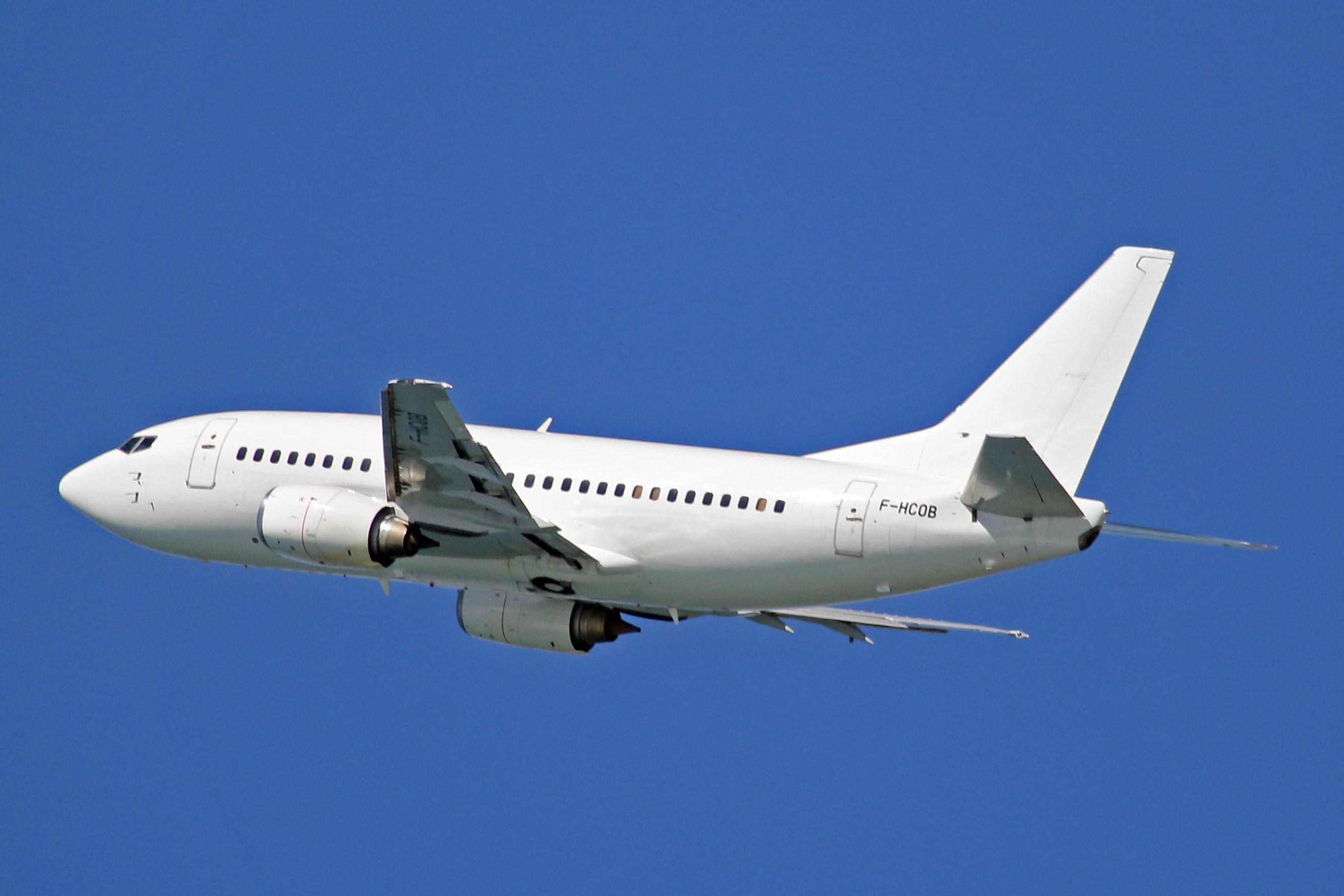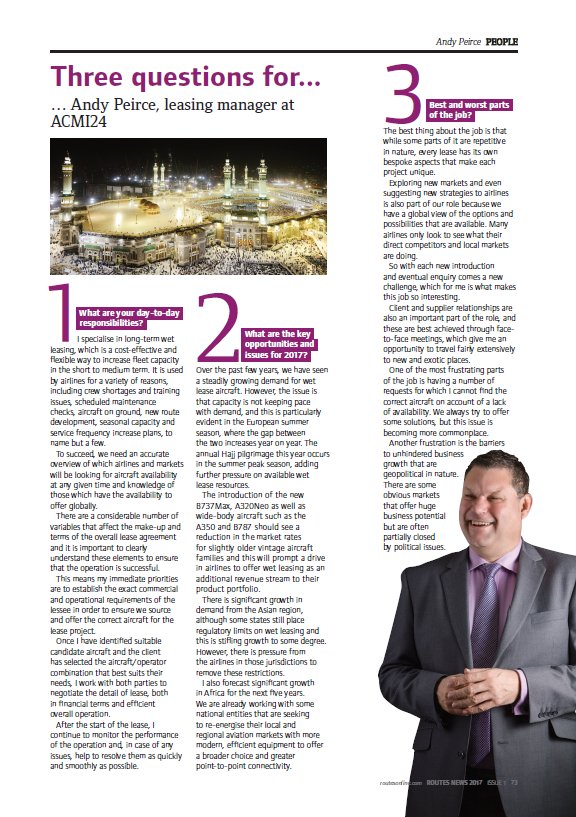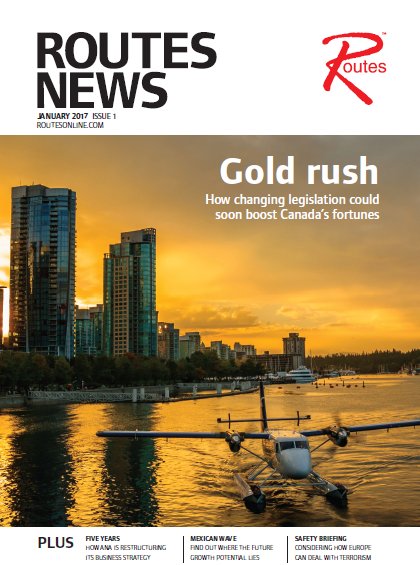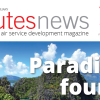
In our regular Routes News series we take a look at the people that attend Routes events and find out more about them, their jobs and the current industry issues impacting them. In this issue we speak to Andy Peirce, leasing manager, ACMI24.
Q) What are your day-to-day responsibilities?
I specialise in long-term wet-leasing, which is a cost-effective and flexible way to increase fleet capacity in the short to medium term. It is used by airlines for a variety of reasons, including crew shortages and training issues, scheduled maintenance checks, aircraft on ground, new route development, seasonal capacity and service frequency increase plans, to name but a few.
To succeed, we need an accurate overview of which airlines and markets will be looking for aircraft availability at any given time and knowledge of those which have the availability to offer globally. There are a considerable number of variables that affect the make-up and terms of the overall lease agreement and it is important to clearly understand these elements to ensure that the operation is successful.
This means my immediate priorities are to establish the exact commercial and operational requirements of the lessee in order to ensure we source and offer the correct aircraft for the lease project.
Once I have identified suitable candidate aircraft and the client has selected the aircraft/operator combination that best suits their needs, I work with both parties to negotiate the detail of lease, both in financial terms and efficient overall operation. After the start of the lease, I continue to monitor the performance of the operation and, in case of any issues, help to resolve them as quickly and smoothly as possible.
Q) What are the key opportunities and issues for 2017?
Over the past few years, we have seen a steadily growing demand for wet-lease aircraft. However, the issue is that capacity is not keeping pace with demand, and this is particularly evident in the European summer season, where the gap between the two increases year on year. The annual Hajj pilgrimage this year occurs in the summer peak season, adding further pressure on available wet-lease resources.
The introduction of the new 737MAX, A320neo as well as wide-body aircraft such as the A350 and B787 should see a reduction in the market rates for slightly older vintage aircraft families and this will prompt a drive in airlines to offer wet leasing as an additional revenue stream to their product portfolio.
There is significant growth in demand from the Asian region, although some states still place regulatory limits on wet leasing and this is stifling growth to some degree. However, there is pressure from the airlines in those jurisdictions to remove these restrictions.
I also forecast significant growth in Africa for the next five years. We are already working with some national entities that are seeking to re-energise their local and regional aviation markets with more modern, efficient equipment to offer a broader choice and greater point-to-point connectivity.
Q) Best and worst parts of the job?
The best thing about the job is that while some parts of it are repetitive in nature, every lease has its own bespoke aspects that make each project unique. Exploring new markets and even suggesting new strategies to airlines is also part of our role because we have a global view of the options and possibilities that are available. Many airlines only look to see what their direct competitors and local markets are doing.
So with each new introduction and eventual enquiry comes a new challenge, which for me is what makes this job so interesting. Client and supplier relationships are also an important part of the role, and these are best achieved through face-to-face meetings, which give me an opportunity to travel fairly extensively to new and exotic places.
One of the most frustrating parts of the job is having a number of requests for which I cannot find the correct aircraft on account of a lack of availability. We always try to offer some solutions, but this issue is becoming more commonplace. Another frustration is the barriers to unhindered business growth that are geopolitical in nature. There are some obvious markets that offer huge business potential but are often partially closed by political issues.
 |
This article is modified from an original feature that appeared in... ROUTES NEWS - ISSUE 1, 2017 PLEASE CLICK HERE to view the magazine. |
 |





